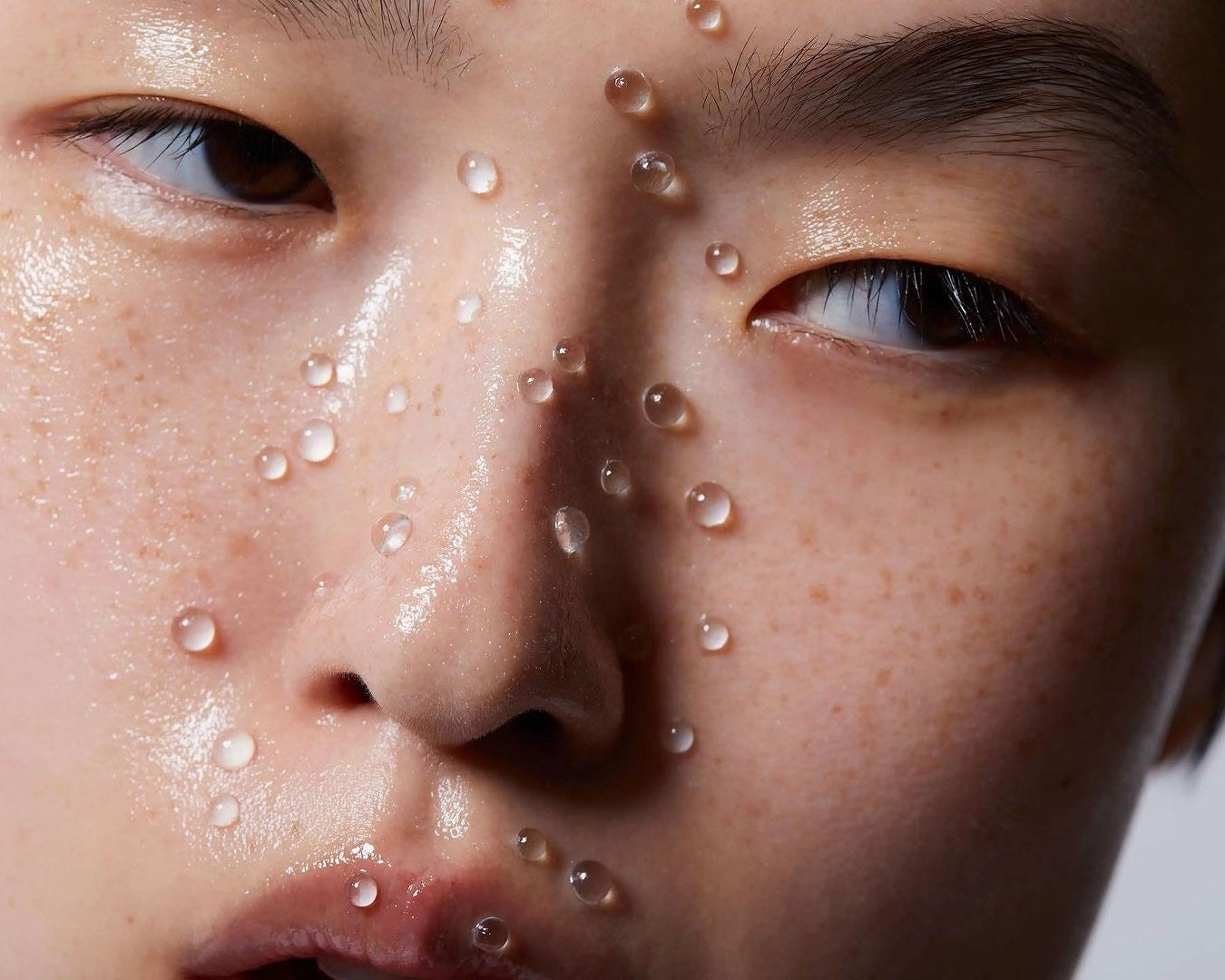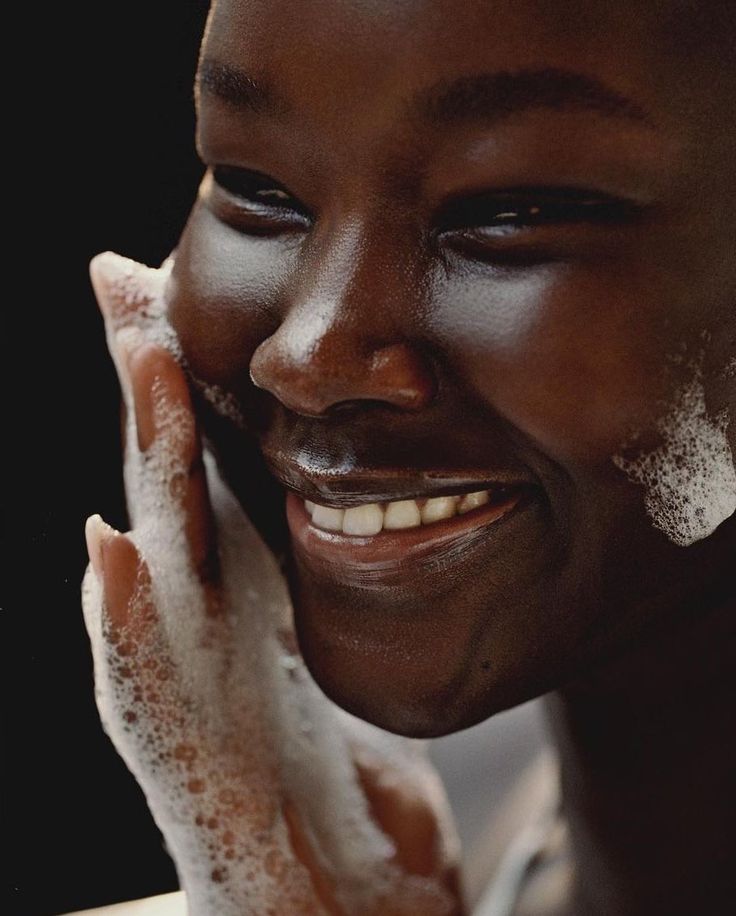You probably already know that moisturizers are an important part of a basic skincare routine – but do you know why? Let’s discuss how moisturizers work, what they do to support hydration, and exactly why it is so important to stay on top of your moisturization routine.
What are Moisturizers – and How Do They Work?
Moisturizers are made up of ingredients that function as humectants, emollients, and occlusives, all of which serve different roles in promoting healthy skin. Humectants restore water to the skin to improve hydration levels. Meanwhile, emollients work as lubricants that soften and smooth the skin, while occlusives form a barrier on the skin’s surface that holds in water.
These ingredients work together to deliver moisture to the skin and to create a protective seal that traps that moisture in. By sealing in moisture, moisturizers prevent a process called transepidermal water loss (TEWL). This is where water escapes the skin and evaporates into the air, which in turn has a negative impact on the skin’s hydration levels.
This is really where moisturizers shine in supporting hydration. They prevent dehydration by ensuring any moisture added to the skin (both through the hydrators in the moisturizer itself and through topical hydrating products, like a hydration serum) stay in the skin. The result? A smooth, supple, and comfortable complexion.
Beyond hydration support, moisturizers work to strengthen the skin barrier. A strong barrier is essential for overall skin health, as it helps the skin defend itself against aggressors. When the barrier is impaired, the skin is at a greater risk of dehydration (as it is less able to maintain moisture levels), as well as irritation, rough patches, and dullness.
The Ingredients to Look Out For in a Moisturizer
An effective moisturizer will contain a blend of proven ingredients that hydrate and moisturize for healthy, balanced skin.
Seek out formulas made with hydrating skincare ingredients like hyaluronic acid, glycerin, and aloe. For smooth skin and an effective defense against TEWL, you’ll also want a formula made with ingredients that function as emollients and occlusives. Some examples include dimethicone (which works as both an emollient and an occlusive), plant oils and butters, panthenol, ceramides, and fatty alcohols (like cetyl alcohol).
Many moisturizer formulas are also made with additional antioxidant ingredients to further nourish and protect the skin. Plant extracts and vitamins C and E are a few examples of ingredients with potent antioxidant properties.
The Importance of Moisturization for All Skin Types
A moisturizer should be a central part of any foundational skincare routine. They play an essential role in fighting dehydration – which every skin type is at risk of experiencing, from oily skin to dry skin. Moisturizers simultaneously soften and smooth the complexion and fortify the barrier for strong, healthy skin. Put simply, a consistent moisturization routine is key to a complexion that both looks and feels its best. Keeping all of that in mind, moisturizing both morning and night is critical for optimal skin health.
References:
Purnamawati S, Indrastuti N, Danarti R, Saefudin T. The Role of Moisturizers in Addressing Various Kinds of Dermatitis: A Review. Clin Med Res. 2017 Dec;15(3-4):75-87. doi: 10.3121/cmr.2017.1363. Epub 2017 Dec 11. PMID: 29229630; PMCID: PMC5849435.
Read more

Want to unlock dewy, glowy skin? The secret is hydration. Here are the absolute best hydrating ingredients to add to your skincare routine. The Most Effective Hydrating Skincare Ingredients Supe...

No matter your skin type, hydration is the key to a healthy and radiant complexion. Here is how you can build the perfect skincare routine that is focused on achieving and maintaining optimal hydra...



Leave a comment
This site is protected by hCaptcha and the hCaptcha Privacy Policy and Terms of Service apply.